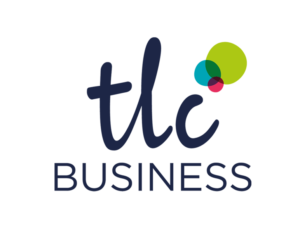#MarketingTitbits – writing tips, LinkedIn, marketing fails
 1. 12 handy tips for writing better web copy
1. 12 handy tips for writing better web copy
Some people consider writing for the web more difficult than it actually has to be. If you fall into this camp, Econsultancy may be able to help. They have put together some handy tips to keep in your mind when writing web copy.
If you haven’t heard of the inverted pyramid method, you have now! Put simply, include everything an individual would need to know in the opening paragraph. As the reader progresses through the article more in-depth information can then be revealed. It is a common journalist trick to engaging the reader quickly.
Other important factors for better web copy include: knowing your audience, using short paragraphs (in web terms this is a mere one or two sentences) and numbering or bulleting to format and break up chunks of text.
The tips don’t stop there. To see the remaining tips,click here.
2. LinkedIn to let marketers use more of its data to track users
As the biggest business-orientated social networking service, it’s no surprise that LinkedIn is expanding its offerings. The latest development is the introduction of advertising products that allow marketers to track their 300+ million users across the internet, followed by a targeted send of personalised messages to those users.
It comes as LinkedIn reveals plans to merge with its latest acquisition, Bizo, a digital marketing group bought in 2014 for a sum of $175m. Brands like Groupon, Lenovo and Salesforce are currently trialling the new product, with Groupon marketing executive Stephan Heller revealing the success that it has brought them.
If you would like to find out more about LinkedIn’s new venture, click here.
3. Five marketing fails
After the unfortunate mistake of the Hull Branch of Krispy Kreme relating their promotional club to the KKK a few weeks back now, PR Week has given us a round up of some top historic marketing fails.
You’ll find some use of mistaken language from not one, but five brands! Named and shamed in these mistakes are Sharwoods, Wang, Honda, Umbro and an Italian mineral water company.
Click here to see how these brands got it wrong.

 1. 17 fantastically useful tools for content writers and bloggers
1. 17 fantastically useful tools for content writers and bloggers